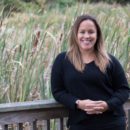We have much more to do and your continued support is needed now more than ever.
The Key to Conservation Is Not What You Think
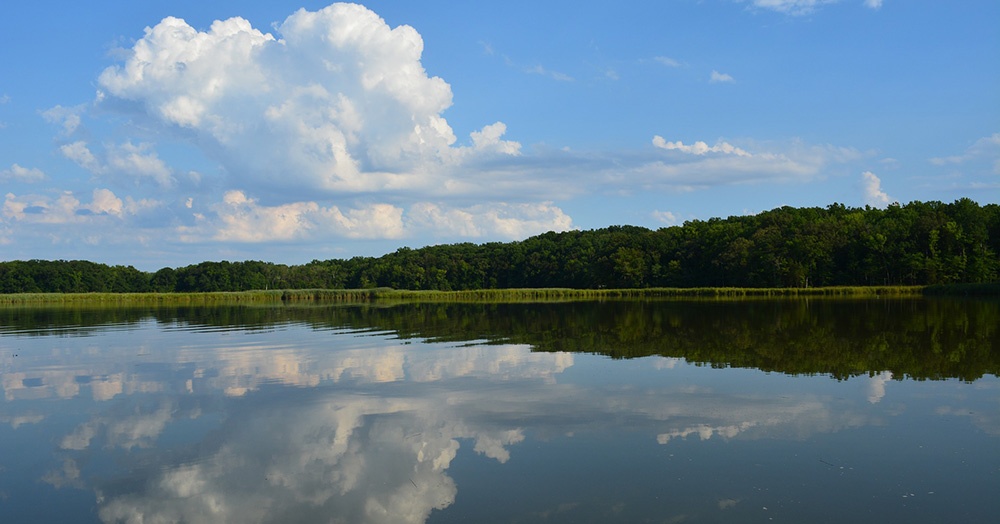
The conservation field is chock-full of significant challenges like cleaning up polluted waterways and curtailing air pollution. In the case of the NWF-hosted Choose Clean Water Coalition, for which I serve as Deputy Director, we work to reduce polluted runoff and minimize the impacts of natural gas fracking in the fight to meet the pollution reduction goals for the Chesapeake Bay. With all of these complicated problems, I never anticipated that the most significant and troubling issue is not an environmental issue at all, but a societal one: the lack of diversity, equity, and inclusion (DEI) in the Chesapeake Bay environmental community. This issue is critical because our success in returning clean water to the region relies on our ability to understand and effectively work with those from different backgrounds.
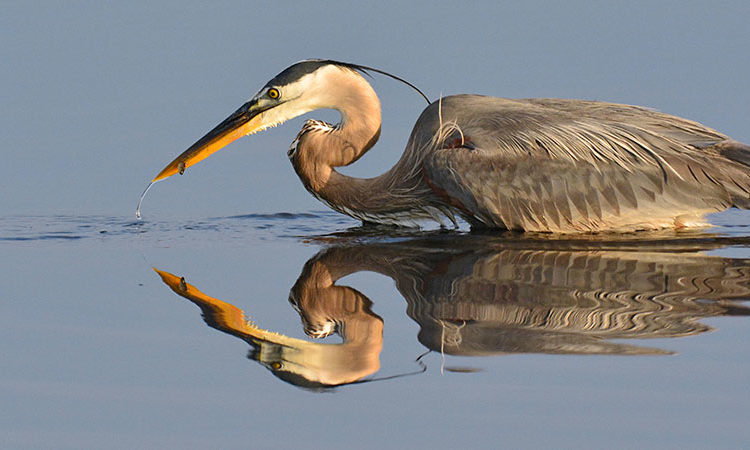
There are countless reasons why we must move toward a more diverse community: diversity makes us smarter; it allows us to be open to things that set us apart; and it can help reduce discrimination. Diversity is not only critical to our success as a community, but it is critical to making significant environmental progress.
Why?
First, the conservation community speaks on behalf of the public interest, promoting the “public good,” not private interests. When we do not reflect the communities we serve, we can’t legitimately speak on their behalf. People may question “how can an environmental nonprofit know what is best for me when they do not look like me or share my values and culture?”
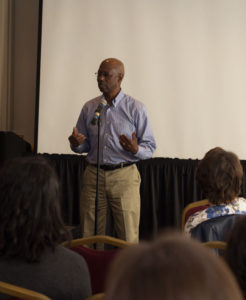
Second, this is a numbers game. As the number of diverse individuals increases in the United States, our movement will continue to miss out on a growing segment of the population to engage and activate around our issues. Our field relies on numbers; more people are needed to combat the extraordinary amount of corporate dollars that promote private interests over the public good.
Third, it is our responsibility to ensure the people working in our field are accepted regardless of background and culture. Creating a diverse and inclusive workplace will help us attract diverse individuals. It’s always fun to feel unique and special, but it gets tiring being the only person of color at every meeting and event. I want to see other people like me and I want to be a part of a movement that is not exclusive.
With that said, our end goal is two-fold: (1) the racial make-up of our organizations must reflect that of the communities we serve, and (2) we must engage more diverse communities in a meaningful and impactful way. To accomplish this, our coalition is advocating for a watershed-wide cultural shift in the way we think about institutional racism, unconscious bias, and outright discrimination. We are not going to authentically address our lack of diversity and inclusivity without breaking down these deep-seated, systemic barriers, and gaining a comprehensive understanding of how they impact the space we all live and work in.
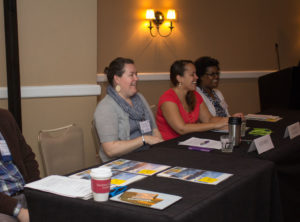
The Choose Clean Water Coalition has consulted with experts to learn what we can to address these issues and has made strides toward beginning this shift. We created a tool-kit to help organizations craft governance documents, adjust hiring practices, and shape communications to attract more diversity. The Coalition committed to increasing diversity in our 2016-2017 strategic plan.
We also decided that improving the diversity of our annual conference is a priority. At last year’s conference, we collected our diversity demographics for the first time, and let me tell you, it was not pretty.
At this year’s conference, we made a conscious effort to incorporate diversity into every aspect. We included an environmental justice track, which featured all diverse speakers, and facilitated cultural competence training to help participants build awareness of how cultural differences impact people in an organization.
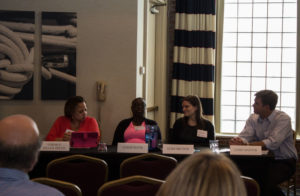
From last year to this year, we attracted significantly more people of color to our conference. Why? Because we acted intentionally. If we can intentionally improve diversity at our conference, can’t we do this in our larger environmental community? The Coalition has finally experienced some quantitative success in the quest for diversity. We believe this success can be scaled up to a watershed-wide level.
To accomplish this, the Choose Clean Water Coalition, in collaboration with the Chesapeake Bay Funders Network, intends to create a DEI plan for our community. This is a heavy lift, so we released an RFP to find an expert to help build our capacity to address DEI and write our plan. This expert will help us build the capacity of watershed organizations to establish mutual relationships with diverse communities and develop productive cross-sector networks to benefit diverse communities.
It is vital that our community reach a shared vision on DEI with the goal of using these principles in our work. We want to lead the way; and we hope you will follow.
Check out these resources to build your awareness and understanding of equity and the environment:
- Read this fact sheet from Green 2.0 to understand why equity matters in the environmental movement
- Read “A Radical Alliance of Black and Green could Save the World” to learn how advocates for racial justice and environmental protection are coming together
- Understand how Equity and Equality Are Not the Same
- Take the implicit bias test
Learn MoreLearn more about the Choose Clean Water Coalition and our diversity initiatives

